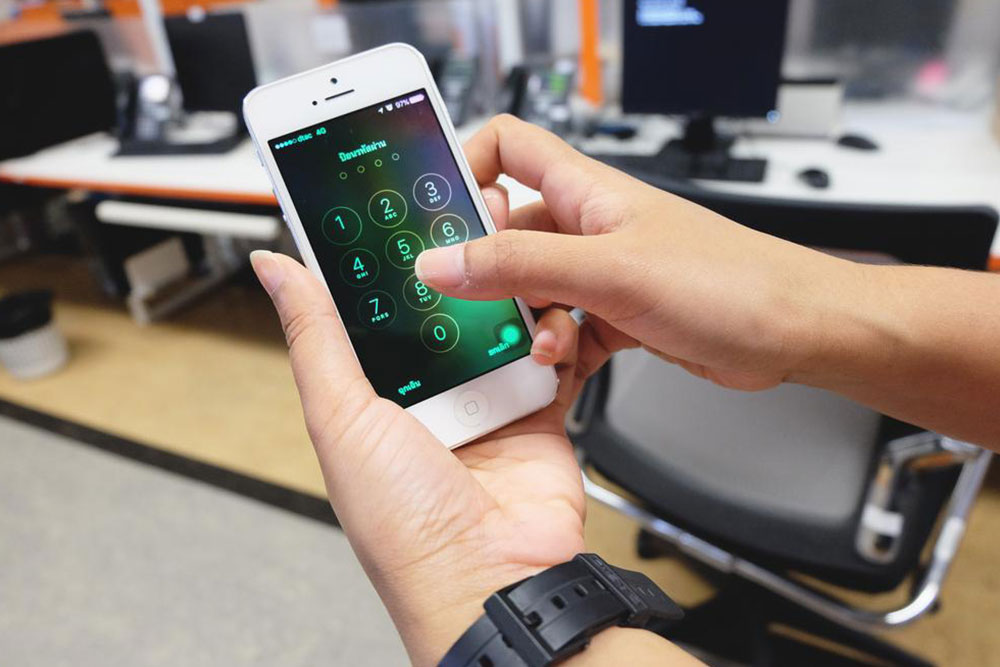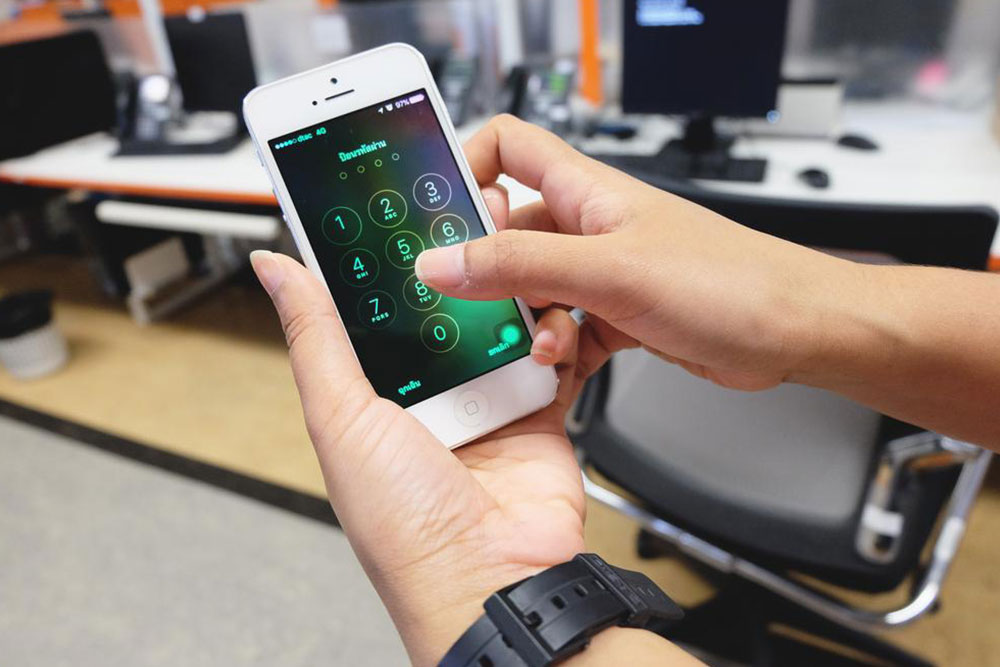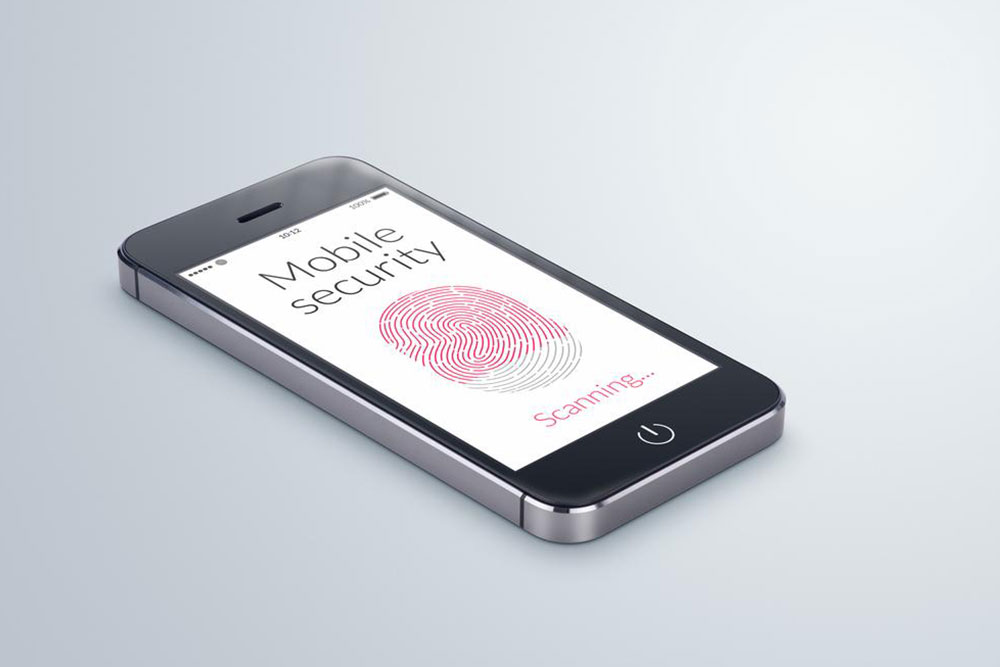The Comprehensive Guide to Unlocking Smartphones: Everything You Need to Know
Unlocking your smartphone offers numerous benefits, from increased flexibility across carriers to cost savings and enhanced privacy. This comprehensive guide covers carrier policies, technical processes, market trends, and crucial considerations to help you decide if unlocking is the right choice for you. Understanding these aspects enables consumers to make informed decisions, ensuring a seamless transition and optimal performance of their devices across different networks worldwide.

The Comprehensive Guide to Unlocking Smartphones: Everything You Need to Know
In today's fast-paced digital world, smartphones have become an essential part of our daily lives. Many users find themselves asking a common question: Should I unlock my smartphone? Whether you have purchased a brand-new device or inherited a used one, understanding the process, benefits, and considerations associated with unlocking your smartphone is crucial.
Simply put, unlocking a smartphone means removing restrictions imposed by the original carrier. This allows your device to operate on different networks across various regions and countries, providing greater flexibility, better prices, and more freedom in choosing service providers. The phenomenon of unlocking devices has gained popularity globally, especially as consumers seek to avoid long-term contracts, reduce costs, and switch carriers effortlessly.
While many service providers and independent technicians offer unlocking services, the process often involves specific procedures and compliance with carrier policies. For instance, big carriers like AT&T, T-Mobile, Verizon, and others have their own guidelines regarding when and how a device can be unlocked. Understanding these policies is essential to avoid potential issues and ensure your device becomes fully functional on your preferred network.
Let's explore the typical unlocking procedures offered by major carriers, the advantages of unlocked phones, and the recent market trends that favor consumer flexibility.
Carrier Policies on Smartphone Unlocking
Carrier unlocking policies vary significantly across different service providers, reflecting their business models and customer service strategies. Major US carriers, for example, have established clear guidelines to facilitate unlocking requests, often tailored to promote customer satisfaction and market competitiveness.
**AT&T:** Offers permanent device unlocks, especially once the device is paid off and the customer’s contract has ended. Typically, customers can request up to five unlocks annually, and the device must meet certain eligibility requirements, such as being active on the network for at least 60 days. The process usually involves submitting an online request and waiting for approval, which, once granted, unlocks the device permanently.
**Verizon:** Many Verizon phones are shipped unlocked from the factory, meaning they are compatible with other carriers right out of the box. For devices that are locked, Verizon supports unlocking for international travel purposes when account standing and repayment conditions are met. The process is straightforward and often involves calling customer service or following instructions online.
**T-Mobile:** Known for its customer-friendly approach, T-Mobile has long adopted a no-contract policy. Devices purchased through T-Mobile are often unlocked or can be unlocked easily after a certain period, typically 40 days from activation, without the need for complicated procedures. Customers can request unlock codes online or via customer support.
**Other Providers:** Smaller carriers and MVNOs may have different policies, but generally, they follow similar guidelines as larger providers, with some requiring device payment completion or account standing before unlocking.
The Technical Process of Unlocking a Smartphone
The actual technical process of unlocking a phone can be performed through different methods, depending on the device and carrier. It typically involves obtaining an unlock code, modifying software settings, or utilizing manufacturer tools. Most importantly, the process must comply with legal and carrier regulations to avoid voiding warranties or causing device malfunctions.
**Network Unlock Codes:** This traditional method involves receiving a unique code from the carrier or third-party unlock services. The user inputs this code into their device's settings menu or via a dedicated keypad sequence to unlock it. This process is common for GSM devices like iPhones, Samsung, or Huawei phones.
**Factory Unlock:** Many devices, especially those purchased directly from manufacturers like Apple, Google, or Samsung, come factory-unlocked or can be unlocked through official channels. Factory unlocking generally entails linking the device to the user's account and ensuring it is compatible with other networks.
**Software Unlocking:** Advanced users or technicians may use specialized software tools to unlock devices at a deeper level, particularly for locked bootloaders or regional restrictions. However, this method can be complex, risk voiding warranties, and may be illegal in some jurisdictions.
Regardless of the method, it is essential to ensure that unlocking is performed through legitimate channels to avoid security risks or illegal activities.
Benefits of Unlocking Your Smartphone
Owning an unlocked smartphone offers numerous advantages to consumers, making it an increasingly popular choice worldwide. Here are some key benefits of unlocking your device:
Greater Network Flexibility: An unlocked phone can operate on multiple carriers, allowing users to switch providers without purchasing a new device. This is especially beneficial when traveling internationally, as unlocked phones support local SIM cards, significantly reducing roaming charges.
Cost Savings: Unlocked phones often come with a lower overall cost since users can purchase devices outright without carrier markups or installment plans. This flexibility not only saves money initially but also helps avoid costly carrier contracts.
Better Resale Value: Unlocked phones are generally more attractive in the secondhand market because buyers prefer devices that are compatible with multiple networks and are free of carrier restrictions.
Access to Official Updates: Manufacturers often release software updates directly to unlocked devices, ensuring timely access to the latest features and security patches, independent of carrier approval schedules.
Increased Privacy and Security: Unlocked phones are less tied to carrier-specific restrictions, allowing users to install security enhancements and custom firmware according to their preferences.
The shift towards unlocked devices is also driven by market trends. Major manufacturers like Apple, Google, and Samsung increasingly sell unlocked models directly to consumers, emphasizing user freedom and flexibility. This trend is supported by consumer demand for more control over their devices and the desire to avoid long-term carrier commitments.
The Market Trend Toward Unlocked Phones
Over recent years, the mobile industry has seen a significant shift in the way smartphones are sold and unlocked. Traditionally, many devices were sold through carrier plans bundled with service contracts, limiting user options and tying them to specific networks. However, this model has evolved, driven by consumer preferences, regulatory changes, and technological advancements.
Leading industry players are now advocating for an open market, promoting the availability of unlocked devices. Major manufacturers like Apple, Google, and Samsung actively sell unlocked smartphones through their official stores, online platforms, and authorized retail outlets. These unlocked phones give consumers the freedom to choose their networks, switch carriers easily, and avoid restrictive contracts.
In the US, T-Mobile's pioneering no-contract policy has played a significant role in making unlocked phones more prevalent. By allowing users to purchase devices without long-term commitments, the carrier has empowered users to explore different network options and plan types that better suit their budgets and preferences.
Market forecasts suggest that the demand for unlocked smartphones will continue to rise globally. Consumers are increasingly aware of the benefits and seek devices that provide flexibility, better prices, and control over their mobile experience. As a result, the industry is adapting by providing more unlocked options directly from manufacturers and carriers alike.
Final Considerations Before Unlocking Your Smartphone
Despite the advantages, there are some important factors to consider before unlocking a device. Not all devices can be unlocked, especially if they are still under a carrier loan or installment plan. Additionally, unlocking may sometimes void existing warranties or violate terms of service, so it's crucial to verify the eligibility and process before proceeding.
Users should also ensure that their device is compatible with the target network, particularly in terms of frequency bands and technological standards such as LTE or 5G. Consulting with carrier representatives or checking official compatibility guides can prevent potential connectivity issues.
Furthermore, it is advisable to use legitimate unlocking services or official carrier channels, rather than third-party or unofficial sources, to mitigate security and legal risks. Following proper procedures helps maintain device integrity and ensures a smooth transition to a new network provider.
In conclusion, unlocking a smartphone can provide substantial benefits in terms of flexibility, cost savings, and control over your device. Staying informed about carrier policies, technical procedures, and market trends will help consumers make the most of this option and maximize their mobile experience.





